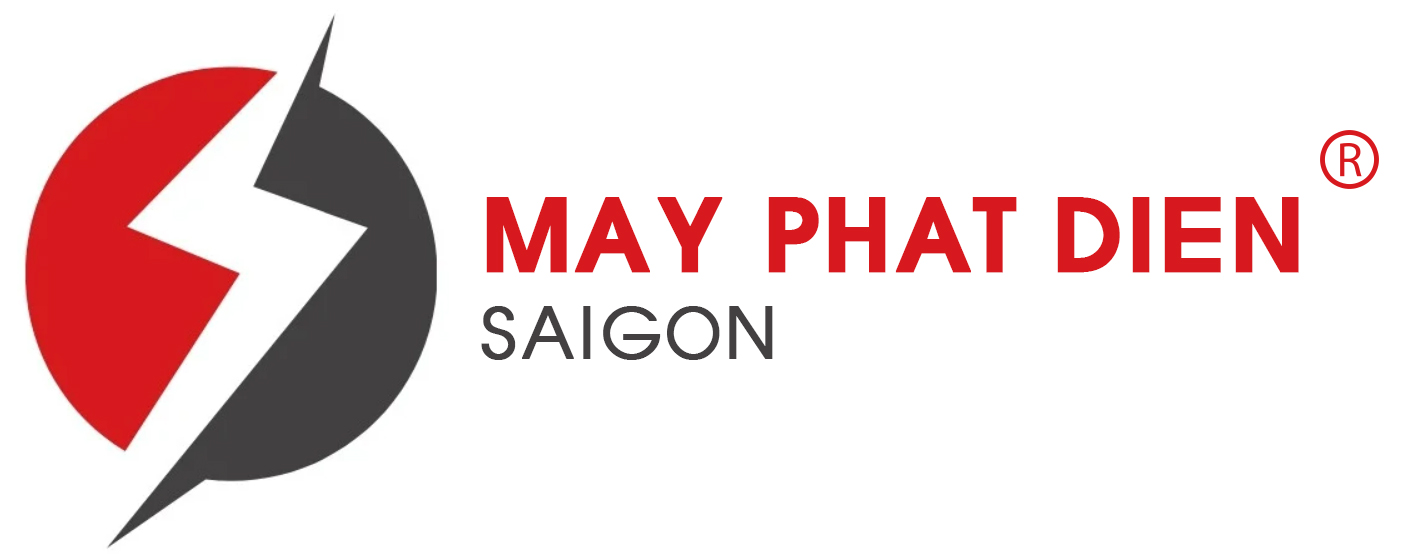The Future of Tokenomics: Insights From Algorand (Algo)
As the world shifts towards a more decentralized and blockchain-driven economy, the concept of tokenomics has become increasedly important. Tokenomics is the study of how tokens are used, distributed, and managed in various applications, including cryptocurrencies like Bitcoin and Ethereum. In this article, we’ll delve into the world of Algorand (Algo), explore its unique approach to Tokenomics, and examine the implications for the future of cryptocurrency.
What is tokenomics?
Tokenomics referers to the study of how tokens are created, issued, distributed, and utilized in various blockchain-based applications. It encompasses concepts such as supply and demand, token distribution models, voting systems, and governance structures. In a tokenized system, each individual unit of the token has a specific function or use case, which can be thought of as a “job” for the token.
The Challenges of Traditional Tokenomics
Traditional approaches to tokenomics often rely on complex mathematical models and rules-based systems, which can lead to inefficiens and unintended consequences. For instance:
- Token supply:

in traditional tokenized systems, tokens are often issued with specific supply caps or quotas, which can limit the potential for growth.
- voting systems: token voting mechanisms can be slow, cumbersome, and prone to manipulation, as they may not accurately reflect the interests of all stakeholders.
- Governance Structures: Traditional Governance models of rely on centralized Decision-Making Processes, which can lead to conflicts of interest and underermine trust.
Algorand’s unique approach
In response to these challenges, Algorand (Algo) has developed a unique approach to tokenomics that prioritizes simplicity, efficiency, and decentralization. Here are some key aspects of Algo’s Tokenomics:
- Token supply: The maximum supply of Algo is capped at 50 billion tokens, ensuring that the protocol remains decentralized and resilient.
- Voting System: Algo uses a districted Governance System, allowing all stakeholders to participate in decision-making processes through Secure, Anonymous Voting Mechanisms.
- decentralized Governance: Algorand’s Governance Structure is designed to promote transparency, security, and fairness, with multiple layers of decentralization ensuring that no single entity holds control.
The benefits of Algo’s Tokenomics
By Adopting a decentralized approach to tokenomics, Algorand has created a more efficient, secure, and user-friendly ecosystem. Some key benefits including:
- Increased Adoption: by promoting transparency and security, Algo’s Governance Structure has attracted a wider range of users, developers, and investors.
- reduced centralization: the decentralized governance model reduces the risk of centralization, as decisions are made by a diverse group of stakeholders Rather than a single entity.
- Improved Efficiency: by eliminating complex voting systems and supply caps, Algo has enabled faster and more efficient decision-making processes.
Future Directions for Tokenomics
As algorand continues to grow and expand its ecosystem, the future of tokenomics is likely to be shaped by severe key trends:
- Decentralized Finance (Defi): as Defi Applications become increased popular, we can expect to see further Adoption of Decentralized Governance Models in Cryptocurrency.
- Token Standardization: The Development of Standardized Tokens and Blockchain Protocols will Facility The Creation of More Complex and Efficient Tokenized Systems.
- Interoperability: The Increasing Use of Blockchain-Based Solutions for Cross-Chain Interactions and Interoperability May Lead to New Opportunities for Tokenomics Innovation.

